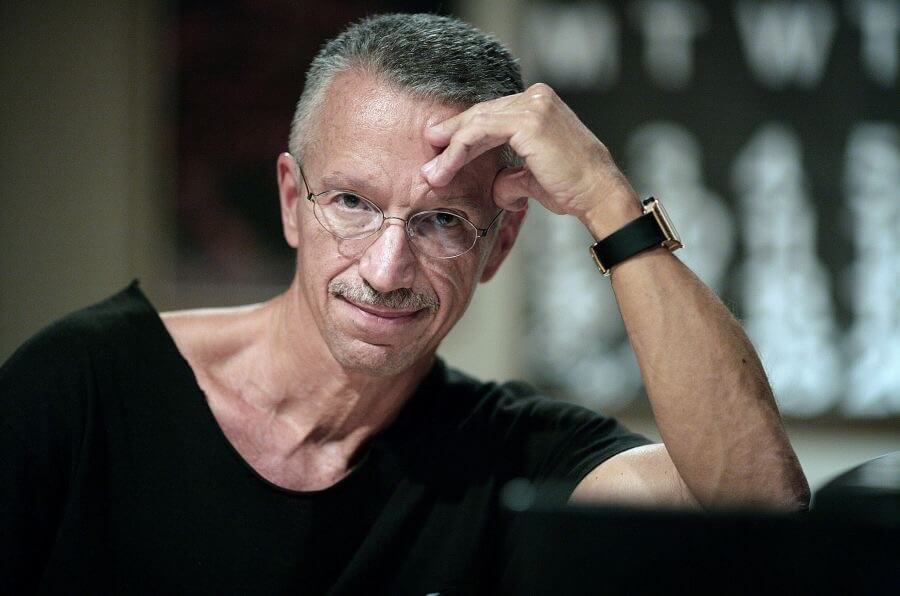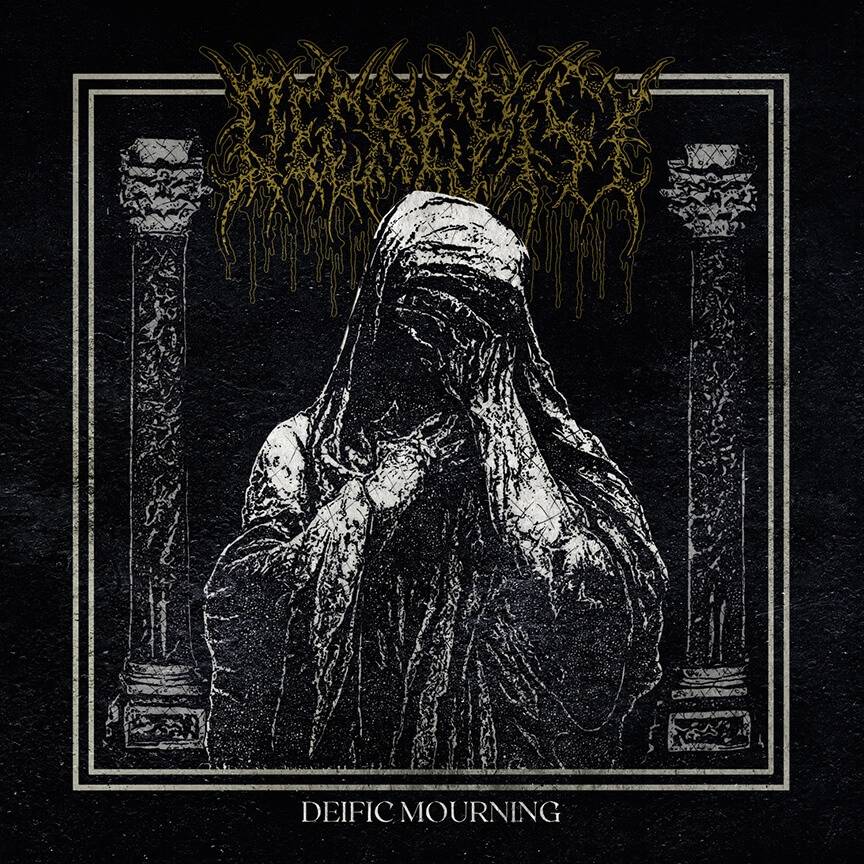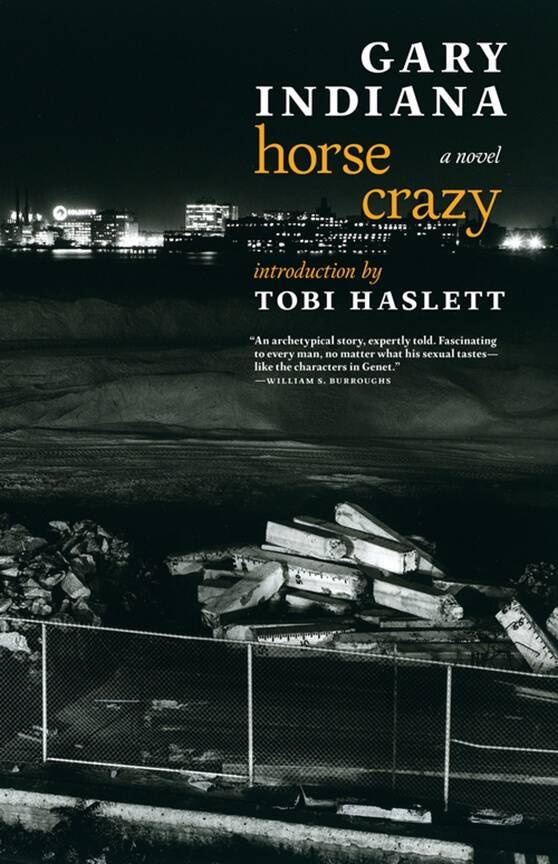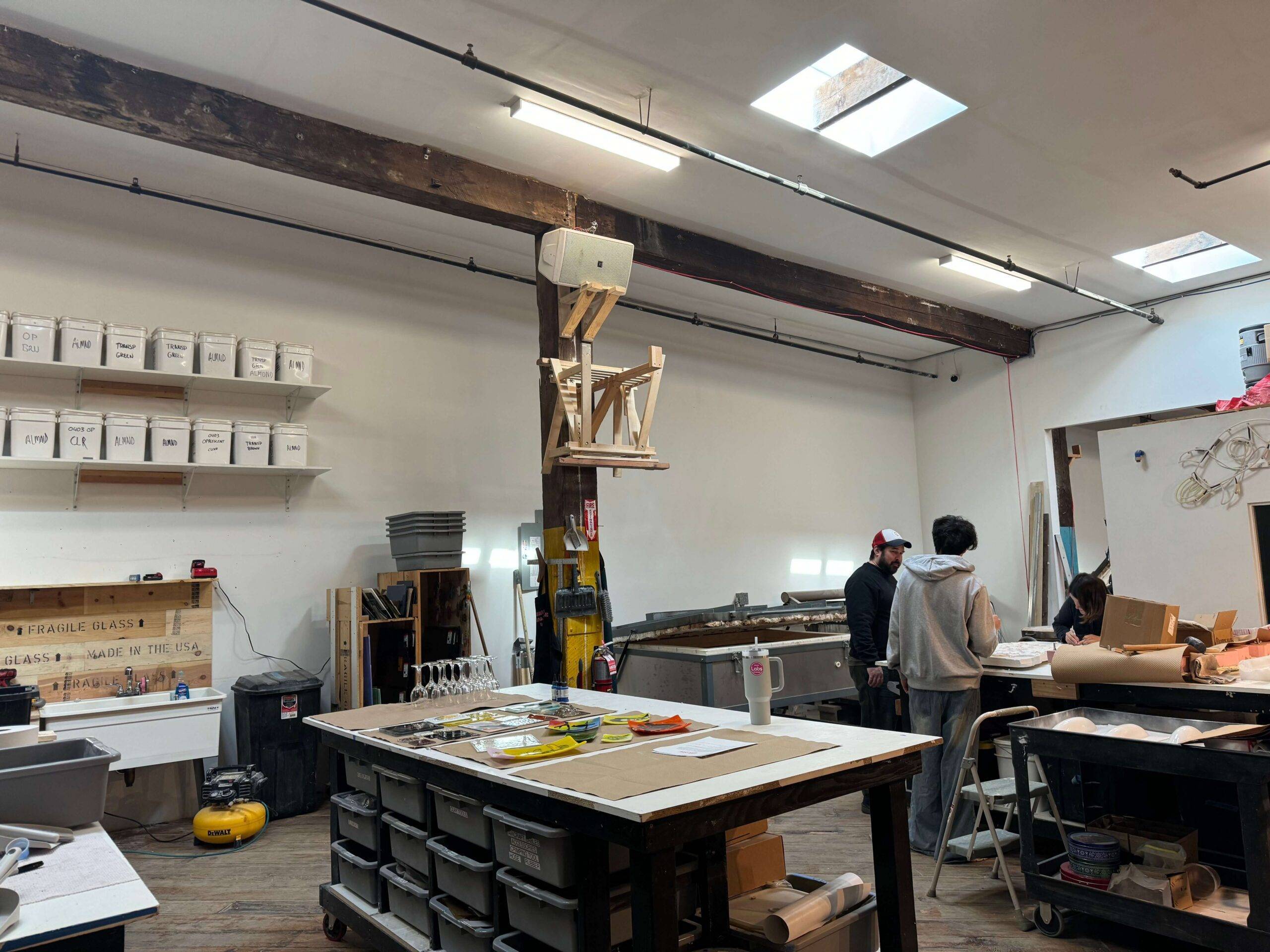There is something disorienting and unsettling about experiencing an artist talking about the end of their career in real time. They narrate the end of something that, until uttered, still existed. Imagine reading a book where every word disappears as your eyes move along the line, the only trace the one left in your memory.
That is what it was like to read Nate Chinen’s talk with pianist Keith Jarrett in the October 21 New York Times, “Keith Jarrett Confronts a Future Without the Piano.” Jarrett, who turned 75 in May of this year, suffered two strokes in early 2018 which have left him debilitated. As he relates in the story, he is still partly paralyzed on the left side of his body, and his rehabilitation target is nowhere near the ability of play the piano, it’s to be able to hold a cup in his hand again.
To say this is grave damage is an understatement. Jarrett told Chinen that he’s tried to play the heads to bebop tunes, just with his right hand, but can’t remember them. Other artists have recovered from serious injury, or worse—the great classical pianist Leon Fleisher lost the use of his right hand to focal dystonia for forty years before being able to play again with both hands (he died in August of this year), while guitarist Pat Martino, a singular stylist, had an aneurysm in 1980 and had to learn how to play the guitar again, from scratch—and Jarrett himself played in pain for many, many years (and took an extended hiatus) while suffering from chronic fatigue syndrome. But he, and these other musicians, were younger, and the body loses the capacity to recover from serious injury as we age. Reading between the lines, Jarrett seems resigned to the fact that he will no longer play in front of an audience, or in the recording studio.
He has a new double-album, The Budapest Concert, which came out October 30 on ECM. It’s an excellent picture of where he was as an artist before he was felled, so it also doubles as something of a memorial to his career. He’s followed two main parallel paths during his long musical maturity, dating from an arbitrary point after his short, prominent, and intense tenure in Miles Davis’ electric sextet (Jarrett contributes an important groove and crunch to albums like the Live at the Fillmore East and the fantastic Live-Evil. On one, he’s maintained one of the small handful of working bands left in jazz, his Standards trio with bassist Gary Peacock and drummer Jack DeJohnette (although Peacock’s death earlier this year has brought the trio to an end. Some fucking year we’re having); while on the other, he’s been playing solo concerts of free improvisations since the early ‘70s, and those have made him a star. This leaves out a lot of great music in his discography, but I don’t have a couple hundred pages at my disposal at the moment.
(Jarrett is on a fundamental level exceptional at the keyboard. He has an additional serious career as a classical pianist, though the results are mixed, having to do with how he thinks about the music, not how he plays the piano. His solo Bach recordings are odd and often unpleasant, and his Mozart is stiff, as if he were playing technical exercises. But his Handel Keyboard Suites recording is excellent, and his set of the Shostakovich Preludes is one of the best there is. He also premiered Lou Harrison’s Piano Concerto, but his recordings of the Samuel Barber Piano Concerto and Bartók’s mighty Piano Concerto No. 3 are superficial. There is also a curious and obscure album of his classical compositions—chamber and orchestral music—titled Bridge of Light, and it is very, very good.)
The solo playing is what I want to focus on, because it has made Jarrett a truly remarkable and uniquely important modern musician. He established this with one album, the classic The Köln Concert—one hour and change of completely free improvisation that was a global bestseller. Although ECM does not release exact sales figures, a representative for the label has previously told me that the album has sold in the low-to-mid seven figures. This deserves some emphasis: an album of solo free improvisation has sold several million copies.
That gives Jarrett a cultural presence. His solo concerts challenge the received wisdom about free improvisation (especially jazz-based) in popular culture. He has over a dozen such recordings, including the massive Sun Bear concerts, and a substantial fandom among people who otherwise don’t listen to jazz. Certain albums, like Kind of Blue, have that reach, but we’re talking free improvisation here, music that has always been identified with the avant-grade in jazz and that lies beyond the fringes of popular culture. But Jarrett has never been identified with the avant-garde, nor the free-improv community.
Guitarist Derek Bailey, one of the great improvisers of the 20th century, introduced his essential book, Improvisation, by pointing out that “Improvisation enjoys the curious distinction of being the most widely practiced of musical activities, and the least acknowledged and understood.” The latter is true both of the public and a substantial number of jazz musicians as well. Free playing in jazz was, for the most part, founded by Ornette Coleman and Cecil Taylor, and furthered by Eric Dolphy, John Coltrane, Jackie McLean, Pharoah Sanders, the Art Ensemble of Chicago, and others.
These are great and important musicians and their stylistic contributions have defined free improvisation as something outside the changes, free of regular rhythm, phrasing, harmony, form, and often a heroic journey of existential expressionism and social and political freedom. Juxtaposed with this, Jarrett tends towards harmonic coherence, repeated four-bar phrases in a manner so familiar from baroque and classical music and popular songs, melodies that rise and fall, and a glowing sense of inner spirituality that embraces the listener. The formal elements (and it’s important to note that as the decades have gone by, Jarrett has incorporated a lot of sharply angular elements to his improvising, and even some atonality, without every losing connection with basic harmonies and melodies) make his music attractive to the ear, the final one forges a deep connection between he and his listeners. You could do worse, amazingly enough, than to put on The Köln Concert before a little getting down with your intimate partners.
Free improvisation is supposed to be weird, outsider, avant-grade music. And in Western consumer culture, it is just that. But that doesn’t mean that weird can’t be good or popular. And that weirdness has to do with how things are sold, not with how, as Bailey pointed out, they’re made. Keith Jarrett has been a spectacular and special conjuror of musical magic, with a personality that makes him eager to sit in front of thousands of people and create something from scratch, and a sense of beauty that has given the gift of joy and peace to his listeners. May he be able to enjoy some of that himself.
Author
-

George Grella wrote the book on Miles Davis’ Bitches Brew. He write other stuff too. killyridols.substack.com/
View all posts
George Grella wrote the book on Miles Davis’ Bitches Brew. He write other stuff too. killyridols.substack.com/












One Comment
I was very close to helping Mr. Fleisher, but he changed his mind because of his extensive travel schedule. Please view my website. https://www.dystoniahealthadvocate.com.